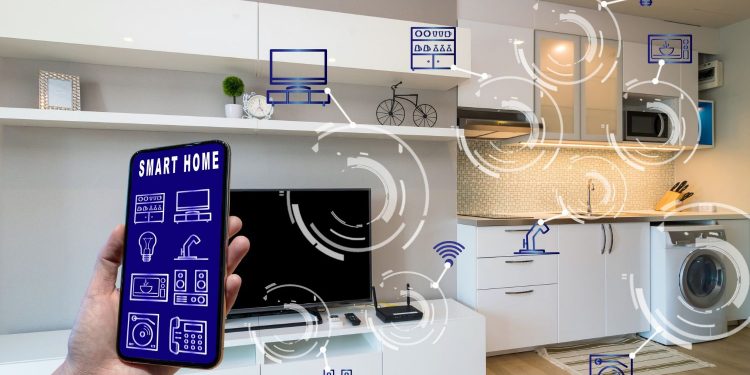Do you own a Ring doorbell, apple watch, Amazon Echo, or any other smart home device? If so, you’re already part of the Internet of Things (IoT), a network of connected devices changing how we live and interact with technology.
But with all this connectivity, we can’t ignore the social implications of technology. From privacy concerns to job automation, the IoT is a complex and multifaceted phenomenon that requires careful consideration.
We’ll dive deep into the social implications of IoT and explore how this technology shapes our lives in ways we never imagined.
Privacy Concerns
IoT devices collect lots of personal data on our behavior, preferences, and locations. This information can be intercepted by hackers or sold to third-party organizations without our knowledge or consent, creating severe privacy breaches.
Look at Amazon’s Alexa, for example. The cloud-based voice service lets users control their homes and is available on over 100 million. But it also listens to everything you say and sends that data to the servers for analysis. Although Amazon claims the collected information is only used to improve our devices’ performances, there have been several instances where conversations were recorded and shared with unintended recipients.
Surveillance is also a major concern with IoT devices because they can be used to monitor our every move. For instance, wearable devices, like Fitbit or Apple Watch, can monitor our physical activity and health, potentially revealing intimate details about our lives.
Lastly, pressuring users to agree to policies just so they can access specific services and features raises a crucial issue regarding consent. Most users would simply conform to the terms and conditions without reading them because they’re lengthy and complicated, allowing companies to collect and share their data.
Security Risks
IoT devices are extremely vulnerable to cyberattacks because they’re connected to the internet. Hackers can easily exploit these liabilities and steal sensitive information like your credit card pins, install malware, or even take control of the devices.
Since cybercriminals can install malware remotely, it can remain undetected for longer. It would continue collecting personal data secretly or disrupt your device, creating possible safety hazards or financial losses.
For instance, cybercriminals can hack smart home systems and access security cameras. They would use these devices to spy o residents and commit crimes like blackmail and extortion.
We must take proactive measures to mitigate such risks, like using strong security protocols, such as complex passwords, multi-factor authentication, and regular software updates. We should also be cautious when choosing IoT devices and only buy products from manufacturers that prioritize security in their designs.
Employment Impact
With process automation on the rise, many fear the demand for labor will drop, resulting in mass unemployment. However, this isn’t necessarily true. As technology advances, companies will need more workers with technical skills to operate and maintain their devices. Therefore, people must stay up-to-date with the latest tech trends to remain competitive.
Similarly, as many organizations adopt IoT, job skill requirements will change. Workers must, thus, familiarise themselves with different technical tools and platforms to work effectively. This also requires companies to train their workforce on emerging technology regularly.
Social Inequality
Homes, schools, health centers, and other institutions heavily rely on IoT devices for everyday activities like communication, learning, shopping, and accessing health services. However, the gap between individuals and groups with access to technology and those without couldn’t be any higher in both developed and developing countries. This digital divide explicitly affects people in rural areas or low-income households.
Additionally, while some individuals and organizations benefit greatly from adopting IoT devices, others may not. Small businesses, for example, struggle o compete with larger companies that can afford to invest in IoT technology, resulting in an imbalance of wealth and power.
Beyond the Hype
The social implications of IoT are far-reaching and complex and will continue to impact our lives in the future. As we navigate this new technological landscape, we must remain vigilant about its potential risks and challenges while embracing its many opportunities.














